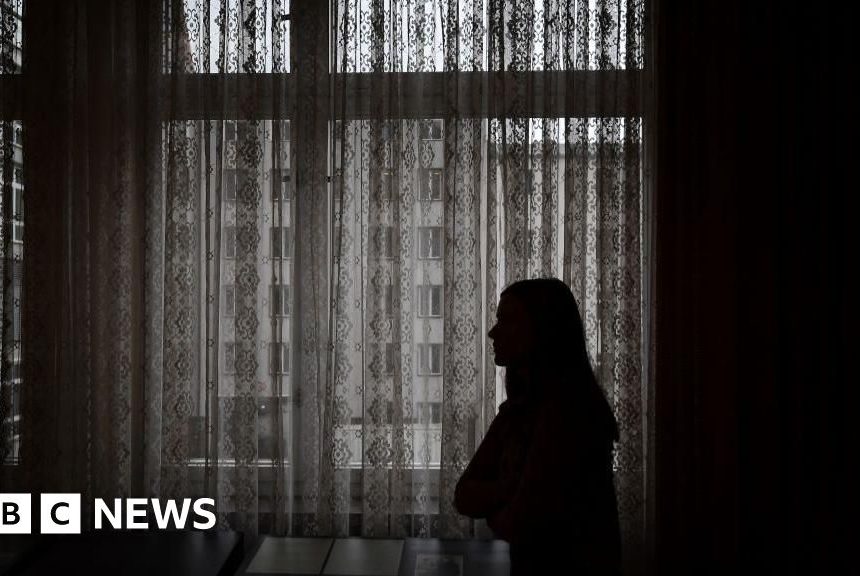Diverting young people in care from the youth justice system and the associated criminalisation may help their future careers (Children in care who lash out may no longer face automatic arrest under UK review, 17 November). However, international research studies have shown that reducing the chances of young people being involved in crime to begin with are more effective.
These include: stable family foster care placements; doing well at school; extending foster care placements beyond 18 years of age; having positive birth family, extended family, partner and social relationships; being settled in accommodation on leaving care; and being supported by leaving-care teams providing personal, careers, housing and financial support.
For too many young people these opportunities are lacking or inconsistent, even in the face of substantial evidence detailing their unnecessary involvement in the criminal justice system, very poor outcomes and the associated costs to young people and society – see In Care, Out of Trouble, the report of Lord Laming’s review, published by the Prison Reform Trust in 2016.
Prof Mike Stein
University of York


